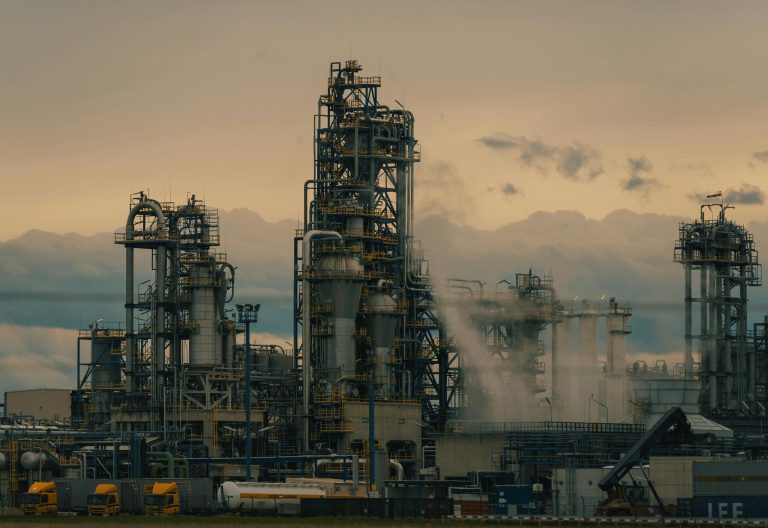OPEC+ members to fast-track oil output
By The New York Times, June 2, 2025Eight members of the OPEC+ oil cartel have said that they are planning to continue their accelerated increases in production in July, the third consecutive month.
The group, on Saturday, May 30, 2025, including Saudi Arabia and Russia, said in a news release that it was acting “in view of a steady global economic outlook and current healthy market fundamentals.”
They pegged the increase at 411,000 barrels a day, although analysts say the actual amount is likely to be less.
The move, which was expected, indicates a marked shift in oil policy by Saudi Arabia, the de facto leader of the group.
Until recently, the Saudis had kept output at what was for them an uncomfortably low level to bolster oil prices, even though other members of OPEC+ had exceeded their cap.
Saudi Arabia will gain the largest share of the combined increases — boosting its ceiling to about 9.5 million barrels a day.
The Saudis and other OPEC+ members like the United Arab Emirates had chafed because some members, including Iraq and Kazakhstan, had exceeded their ceilings.
The Saudis are now sending a message that they will not restrain output if others don’t.
A catalyst for the change, analysts say, is President Donald Trump, who warmly courted Saudi Arabia’s de facto ruler, Mohammed bin Salman, as a commercial and strategic partner.
Trump’s predecessor, Joe Biden, had an awkward relationship with the crown prince, partly because of the 2018 killing of Jamal Khashoggi, a Washington Post columnist critical of the Saudi government.
“The contrast could not be more stark compared to Biden,” said Joseph McMonigle, president of the Global Centre for Energy Analysis, a research firm, who had until recently served as secretary-general of the International Energy Forum in Riyadh.
McMonigle also said that the Saudis were more optimistic about the outlook for oil demand than some analysts.
In addition, the progress that Saudi Arabia has made in diversifying its economy into areas like tourism and data centres may ease immediate concerns about oil price levels.
“They are becoming a leader in some of these different sectors,” he said.
Riyadh, analysts say, is also inclined to please Trump, who wants lower oil prices as part of his effort to curb inflation.
Since Trump took office in January, prices for Brent crude, the international benchmark, have fallen about 16% to about Ksh8,269 a barrel.
The Saudis, who have low costs, can still make money at those levels, but some higher-cost producers like shale drillers in the United States are cutting back.
The tumultuous impact of Trump’s tariff wars also gives cover to the Saudis and their allies to raise production to levels more to their liking.
Prices are reacting more to fears about the impact of tariffs on the world economy than worries about OPEC policies, some analysts say. So the Saudis and their allies see a chance to rapidly open the throttle on their oil fields.
“They found it as a good opportunity, as a window, to start the unwinding process,” said Bachar El-Halabi, senior markets analyst at Argus Media, a commodities research firm.
More Articles

